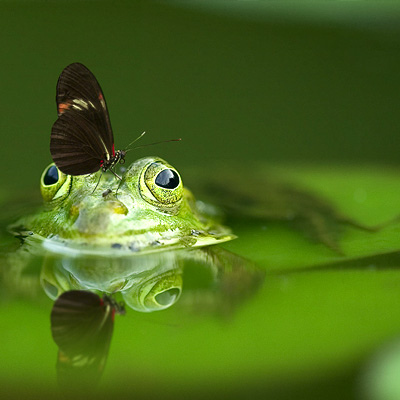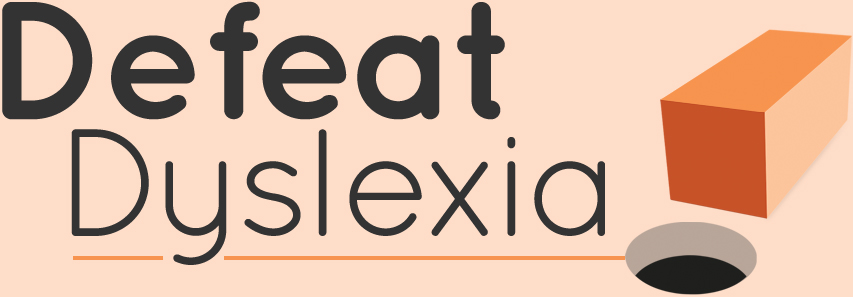The short-form Japanese poetry, haiku, can provide a surprisingly-effective route into helping your child with reading, writing and spelling.
What is a haiku?
As many parents will remember from school, a haiku is a very short poem that usually conforms to the format of 17 syllables:
A 5-syllable line to start
A 7-syllable line in the middle
And a 5-syllable line to finish
In reality, haiku poems can contain a little more wiggle room. They’re actually all about making a statement (usually involving a vivid image or a stark contrast) in the fewest words possible.
However, for dyslexic children who struggle with reading and writing, the rigid 5-7-5 format can be a useful learning tool.
Spotting syllables
Being able to identify the syllables in words is vital for fluent reading and good spelling. Yet this is an area where dyslexic children often struggle.
A key trait of dyslexia is weak phonological awareness. That is, difficulty understanding how language is put together and being able to decode it in order to read and spell.
Not sure if your child struggles with phonological awareness?
How to tell if syllables are a struggle
A dyslexic child is likely to guess while they’re reading, based on the shape of the word
When spelling, your child’s work may contain missing letters. Alternatively, the letters within a word may all be present, but in the wrong order, suggesting that they aren’t sounding it out in their head.
Using haiku poems to improve reading and spelling
If your child is having a hard time identifying syllables, haiku poems can be a fun way to practise this skill.
Most children love a haiku for the simple reason that it’s short! This goes double for a dyslexic child who may have built up a reluctance to reading long passages.
Writing a haiku doesn’t feel babyish or patronising
Writing a haiku of their own doesn’t take long, either. The need to choose 5 syllables, then 7, then 5, forces the child to notice the syllables in words. Best of all, it’s an exercise that doesn’t feel babyish or patronising for the child.
Famous haiku poems
Here are some classic haiku poems to get you started…
 Don’t imitate me;
Don’t imitate me;
it’s as boring
as the two halves of a melon.
(by Matsuo Bashô)
The old pond;
A frog jumps in —
The sound of the water.
(by Matsuo Bashô)
When I turned my head
That traveller I’d just passed…
Melted in the mist.
(by Masaoka Shiki)
Beyond haiku
If your child gets bored of haiku poems, why not graduate to reading and writing limericks? These also stick to a strict format and can be a lot of fun besides.
Pin this post:












Leave a Reply